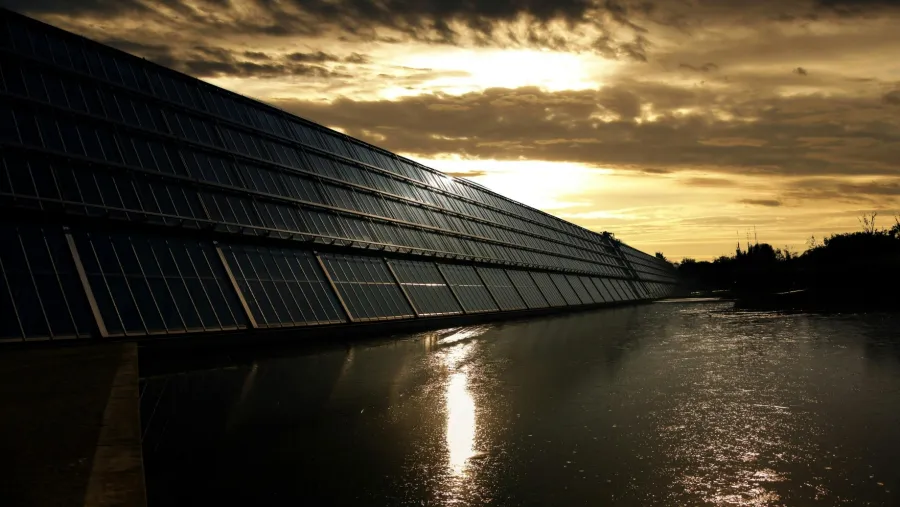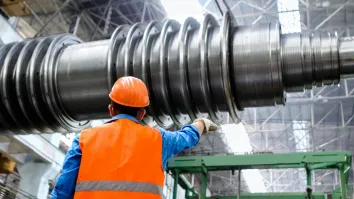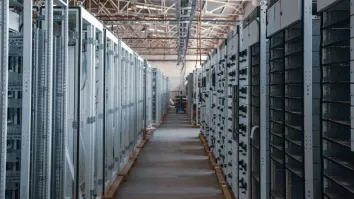
How will China’s RE pricing reforms affect the sector?
An expert expects more volatility.
China’s reforms in its renewable energy pricing are expected to make the sector more competitive but also more volatile, according to S&P Global Ratings.
Early this month, Beijing introduced changes to its clean energy pricing. These focus on three key aspects: allowing market forces to determine renewable power pricing, establishing a pricing and settlement mechanism that supports long-term sustainability, and adopting differentiated policies for existing and new projects.
"The measure is an important nudge to China's renewables industry toward full market trading, which we believe will make the sector more competitive, but also more volatile," said S&P Global Ratings credit analyst Apple Li.
S&P said this development will be reflected in more volatile profit margins and higher business risks.
"We expect to see a rush of project commissioning in the first half of 2025, so that operators can catch their last chance to build plants with some degree of price support," said Li.

















 Advertise
Advertise







